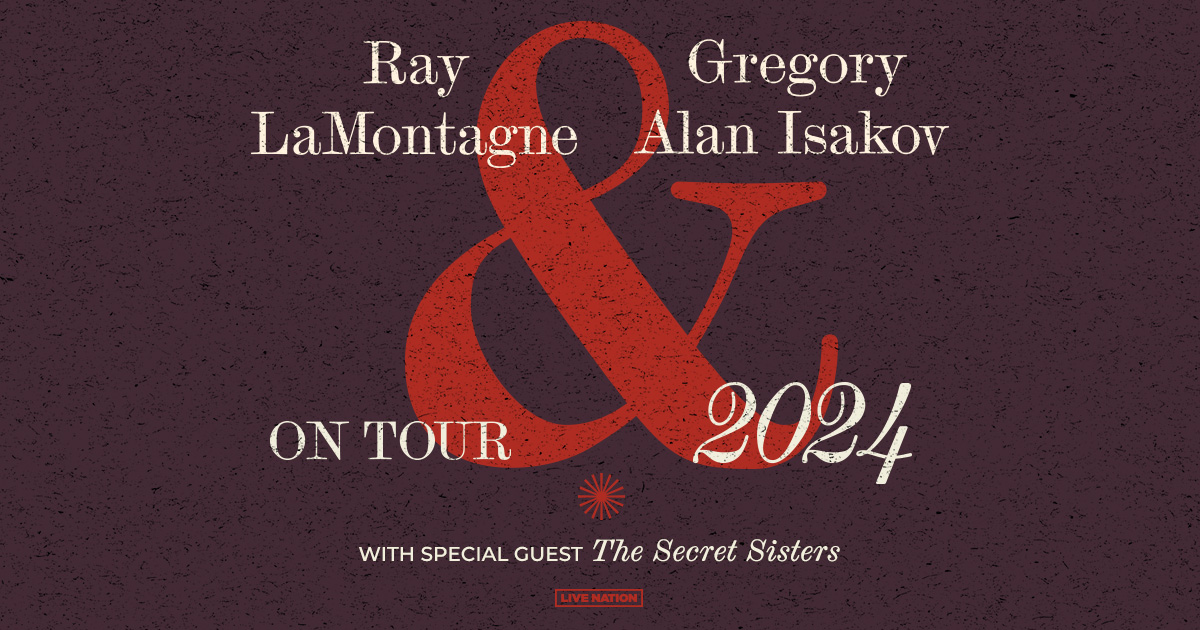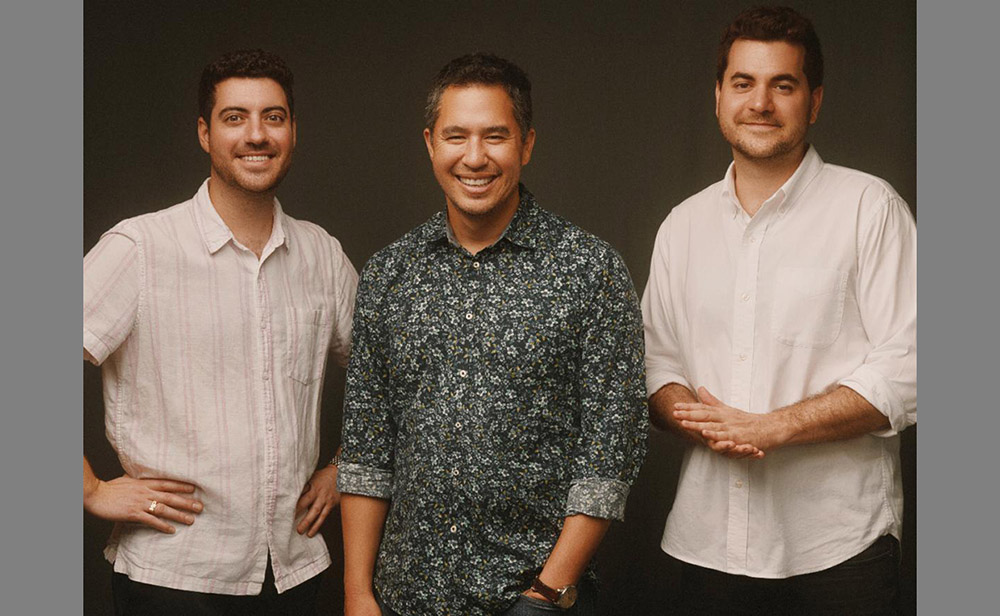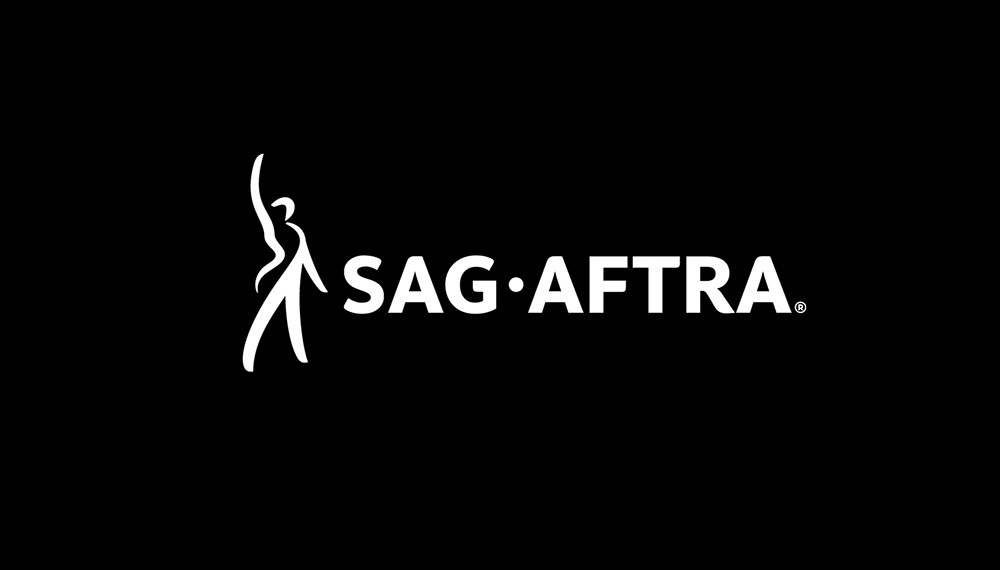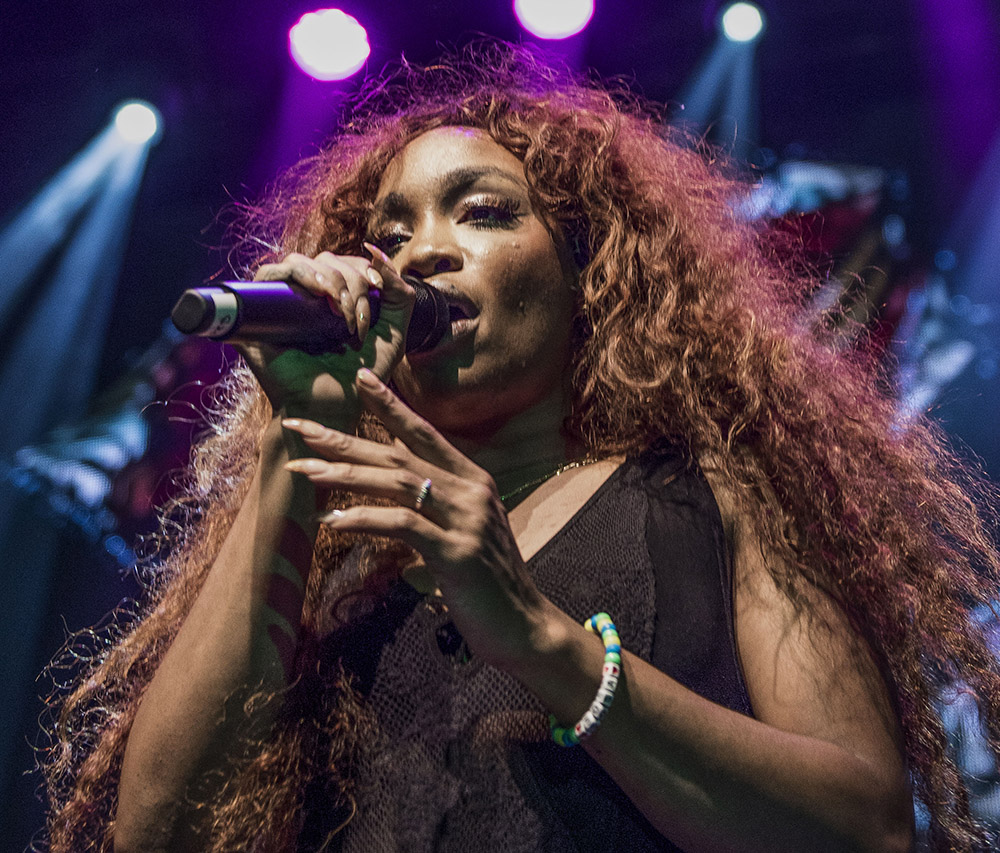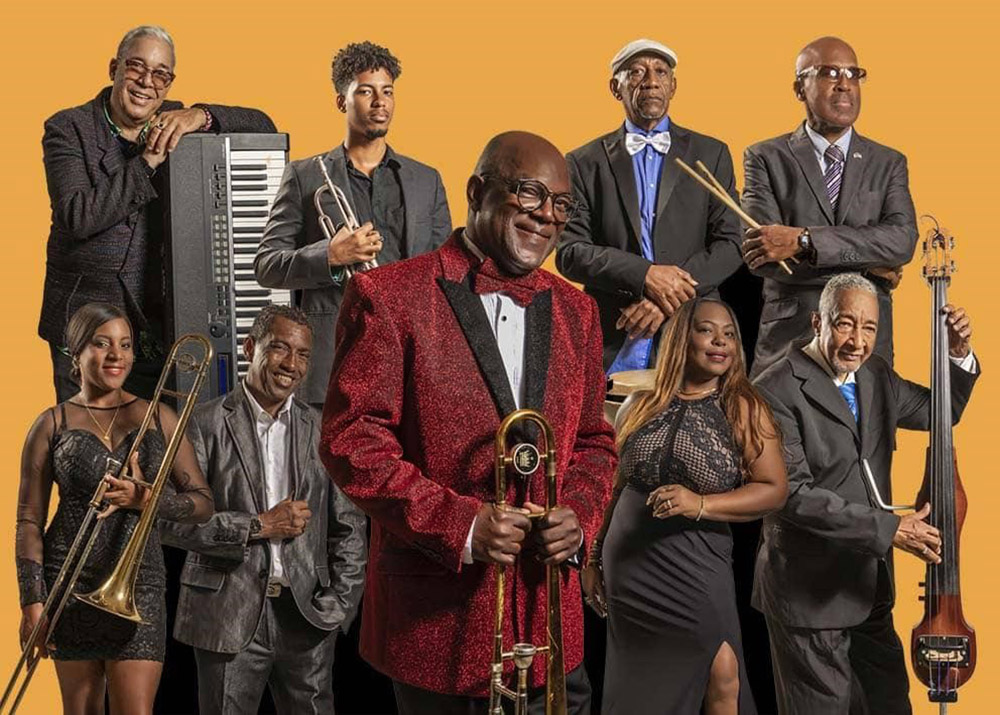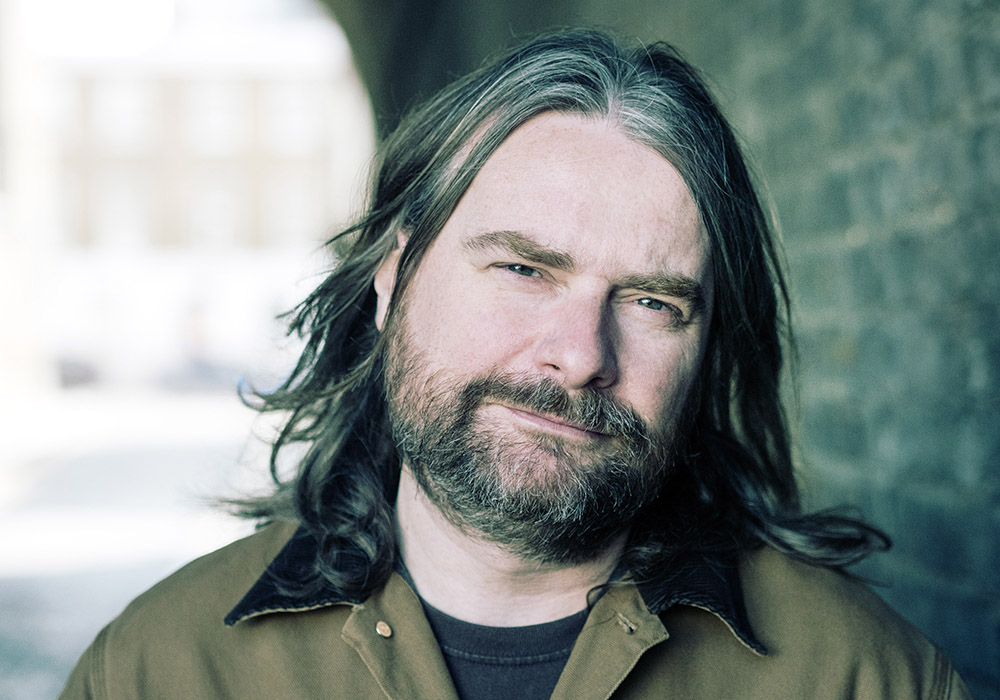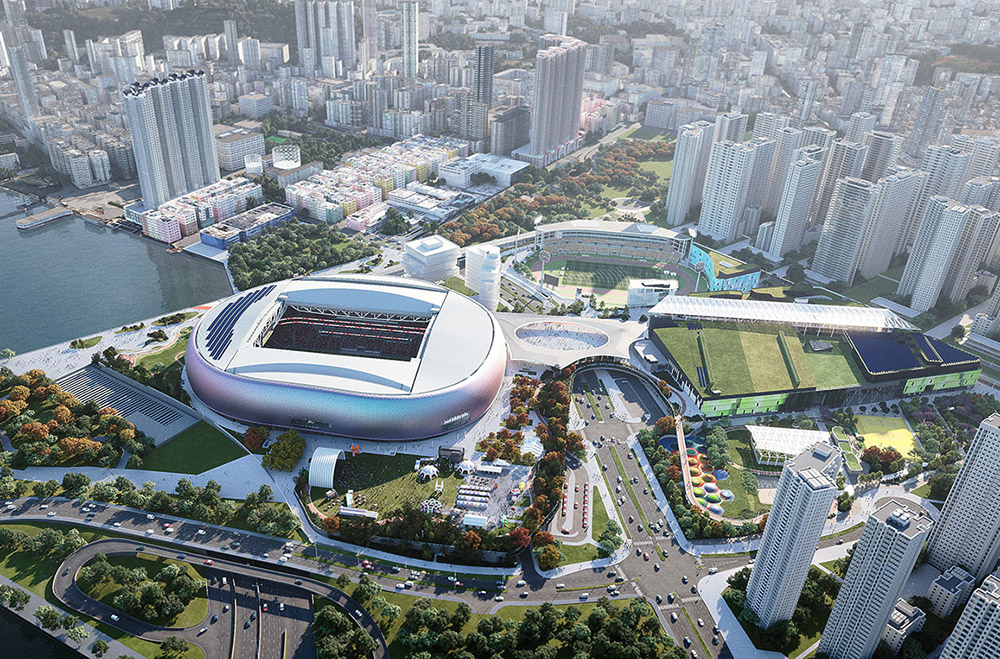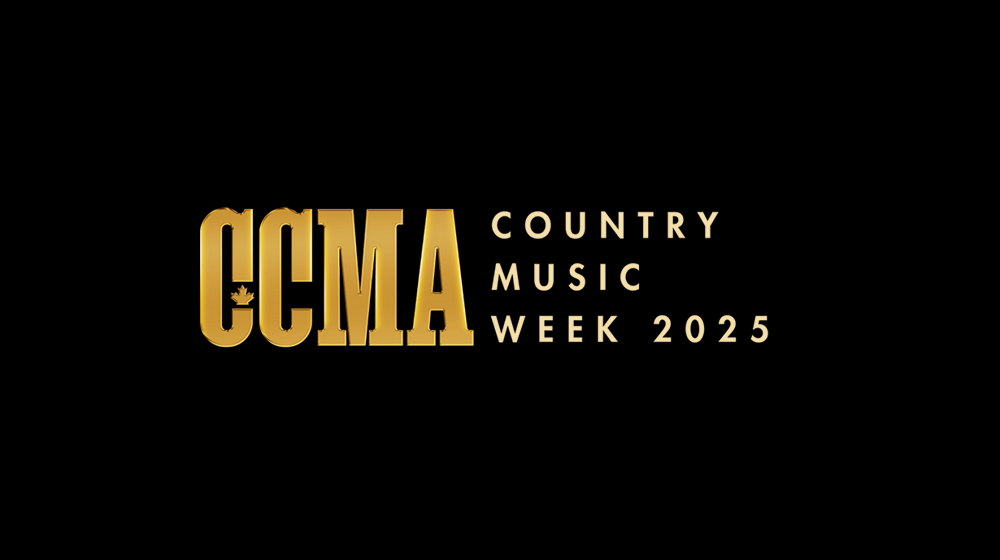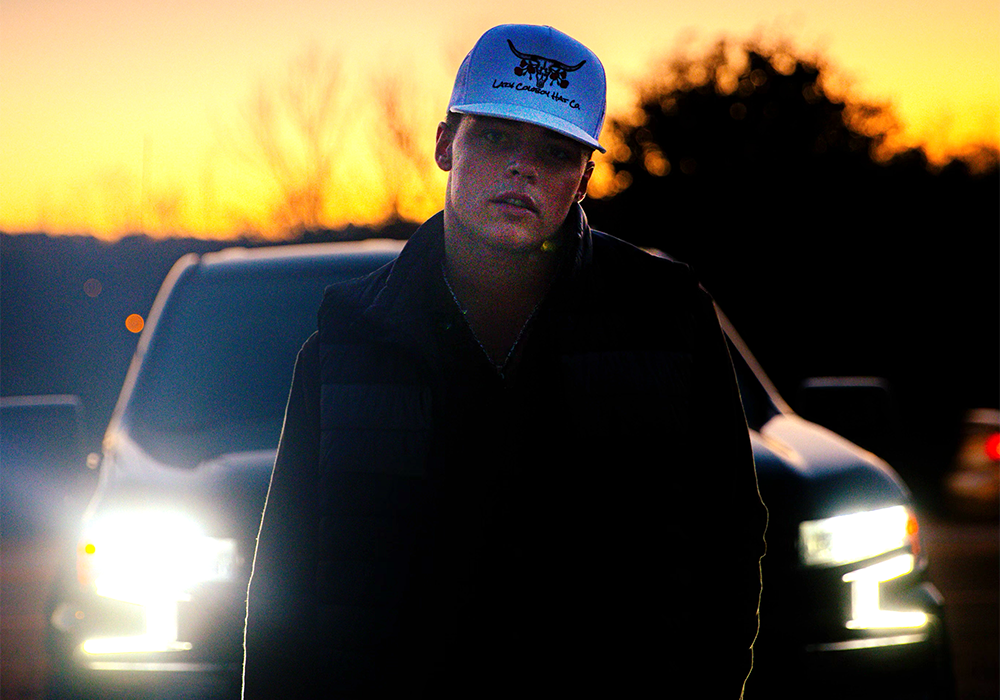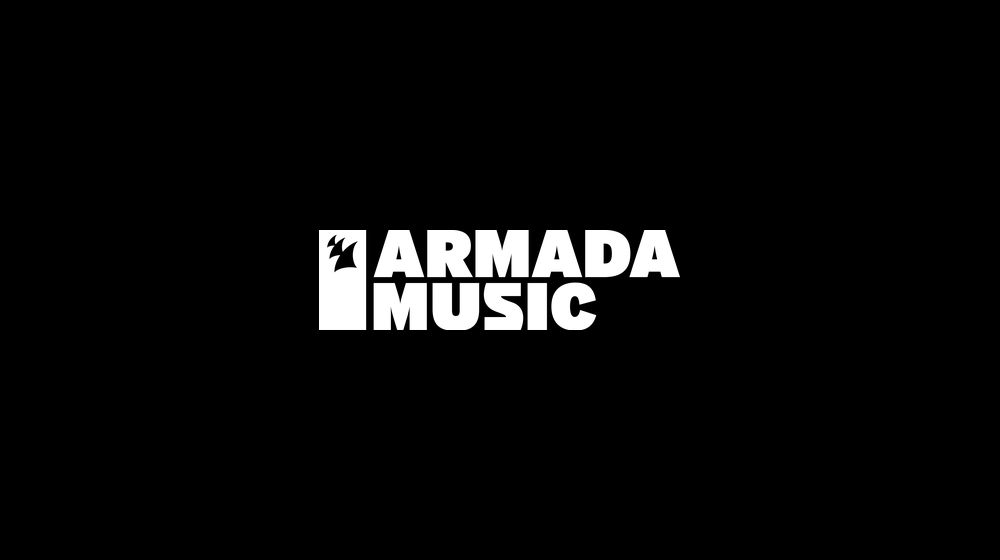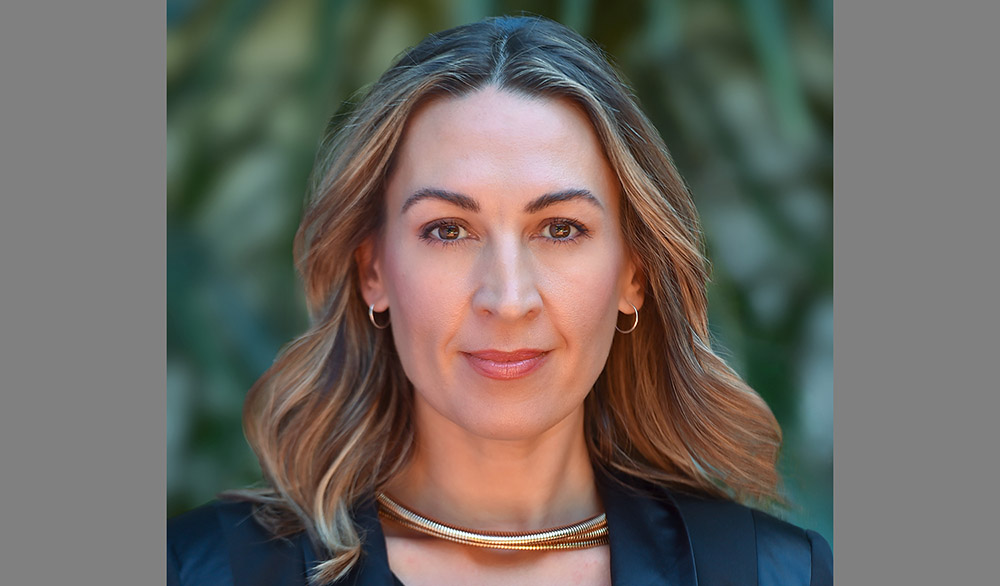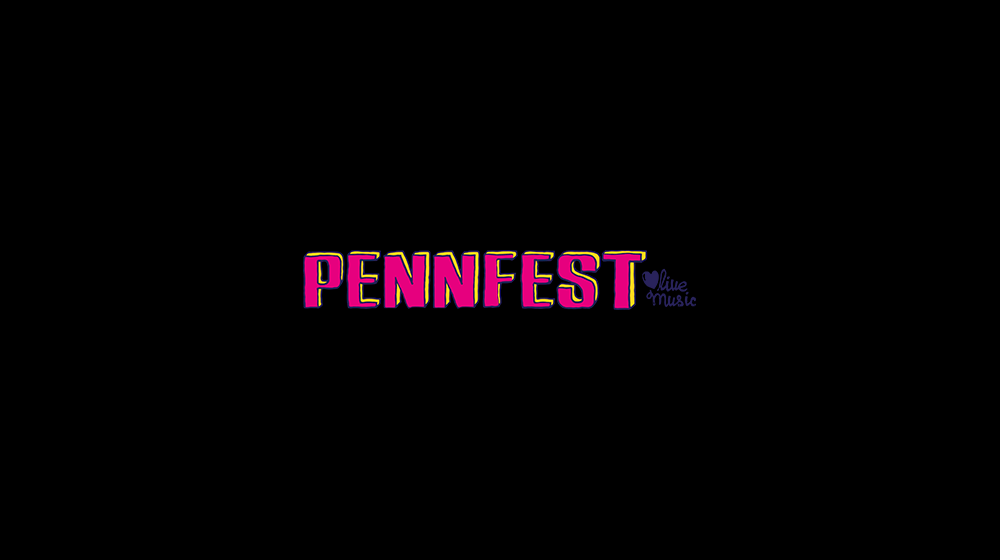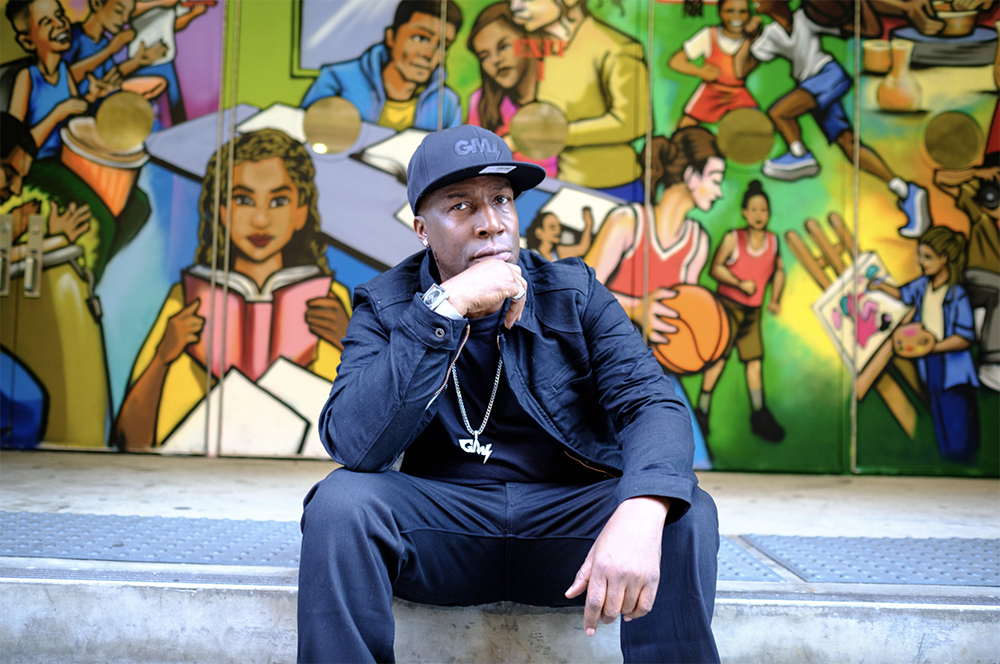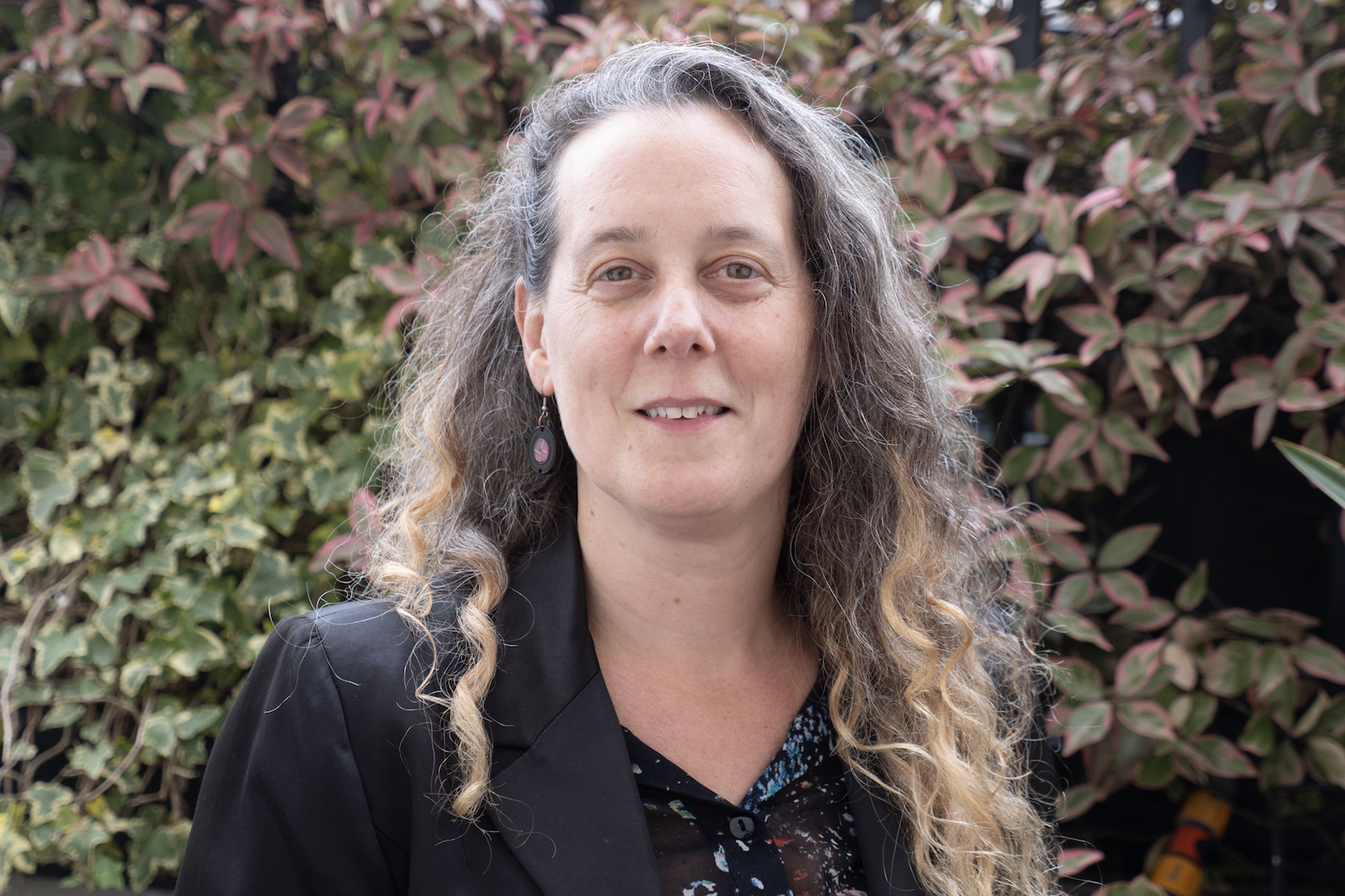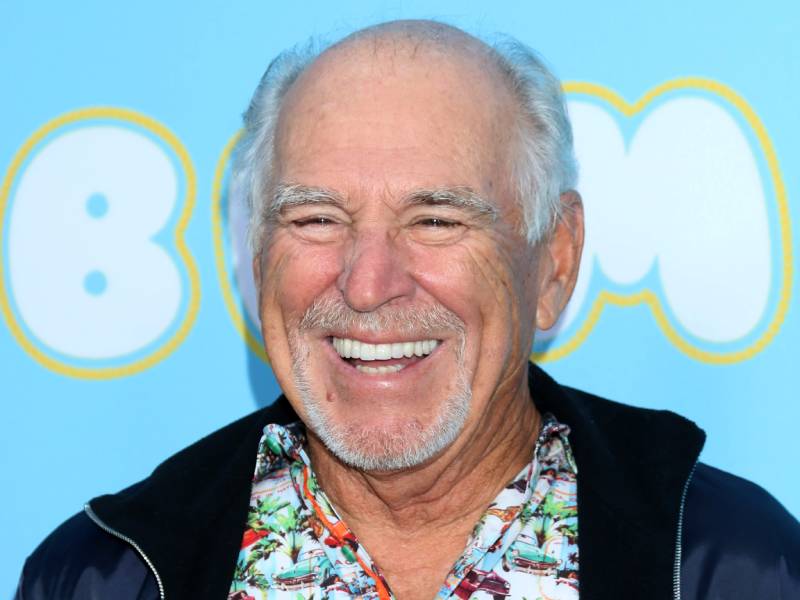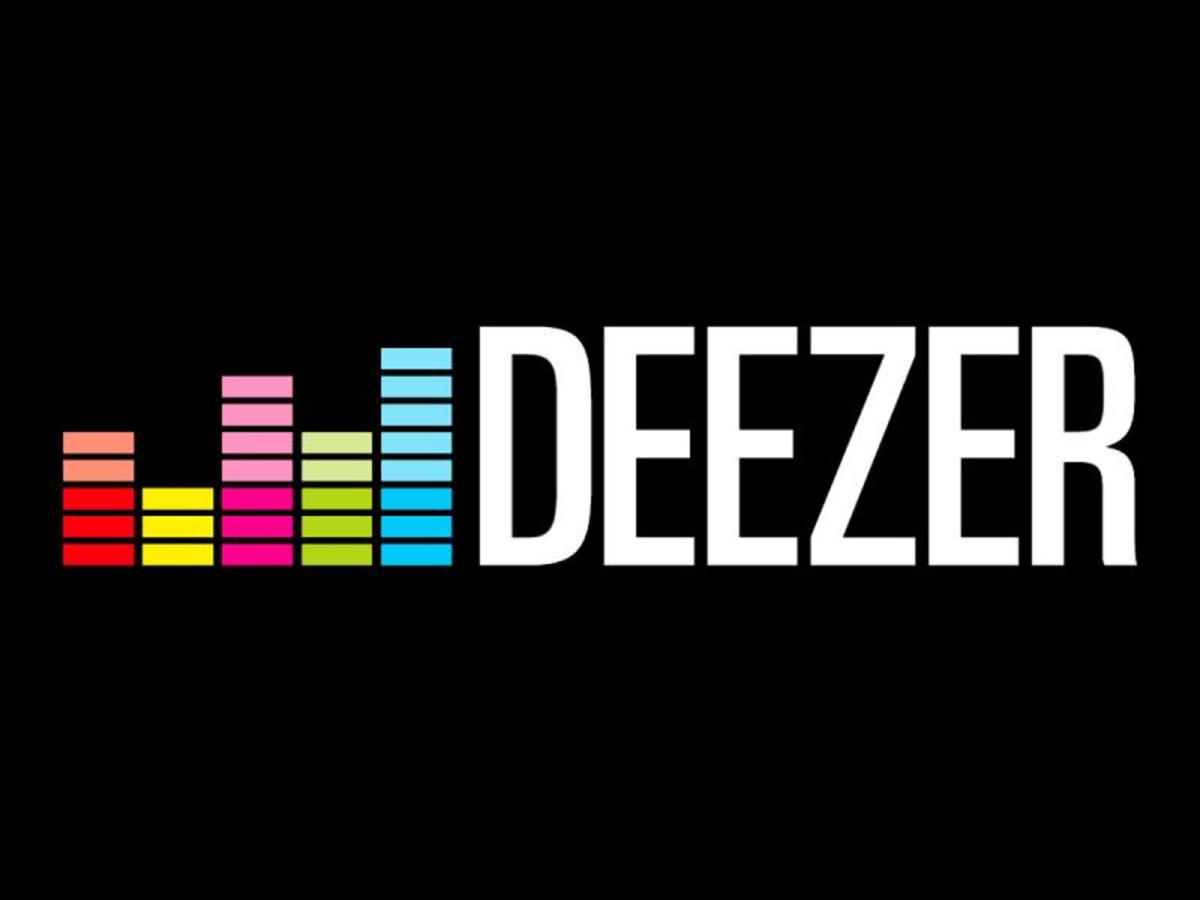
SEATTLE/BOSTON (CelebrityAccess MediaWire) – In Seattle, nightclubs have until Dec. 1, 2007, to install systems that must be designed and then approved and permitted by city officials, a potentially lengthy, complicated and expensive process. And with the boom in condominium construction, there may not be enough fire sprinkler contractors available to complete work by the deadline.
According to the Seattle Post-Intelligencer Fire Marshal, John Nelsen, calls the timetable "aggressive."
"The way the process works, club owners will need to hire an architect, unless they have some existing floor plan drawings," Nelsen said. "If they have the drawings, that's fine. Otherwise, they would need to hire an architect. And then they would need to go to the Department of Planning and Development for a permit to install the sprinklers.
"Once they get the permit, then the next step would be to find a sprinkler designer who would come up with detailed drawings. Those plans would then be delivered to us for review."
So far, none of the affected clubs has submitted a plan to Nelsen's office.
The Legislature approved the fire sprinkler law for nightclubs by overwhelming majorities in 2005. The legislation, which became effective June 1, was unopposed in the House and drew only three "nay" votes in the Senate.
To meet the definition of a nightclub, an establishment must: 1) have a capacity or "occupancy load" of 100 or more people; 2) provide live entertainment by paid performing artists or "recorded music conducted by a person employed or engaged to do so"; 3) derive most of its income from admission charges and/or the sale of beverages of any kind (for consumption on the premises); and 4) have concentrated assembly space without fixed seats.
Nightclub owners can circumvent the fire sprinkler law by decreasing their occupancy load, which would require planning department approval, or by eliminating live music. Or by making changes in regard to the other two criteria. But these aren't viable options for many clubs.
"If I stopped doing music in order to conform to the law, then I couldn't pay the bills, I couldn't pay the rent," Shmerelson said.
Washington is one of only a handful of states that enacted laws after the fire at The Station nightclub in West Warwick, R.I.
The fire started when heavy-metal band Great White set off a pyrotechnics display that ignited highly flammable foam that lined the ceiling and walls of the nightclub. Among those killed in the fast-moving fire — one of deadliest nightclub fires in U.S. history — was Ty Longley, the band's guitarist.
The club had no fire sprinklers, and exit signs were obscured by smoke. Toxic fumes and smoke from the burning foam, as well as a stampede to the front entrance, contributed to the horrendous death toll.
After the Rhode Island fire, lawmakers in Washington began debating new fire safety regulations for clubs. A simple ban of pyrotechnics would not have ensured the public's safety, Simpson said.
"It's not just pyrotechnics that create the problems," he said. "There are all sorts of ignition sources at businesses. It could be an electrical fire. It could be a candle. I think it's bigger than pyrotechnics."
Just days before the Rhode Island fire in February 2003, a pyrotechnics-related blaze at the Fine Line Music Cafe in Minneapolis was extinguished by the club's fire sprinkler system and patrons got out safely.
Seattle Fire Marshal Nelsen cites that fire as evidence that fire sprinkler systems can be effective. "It's absolutely a good thing to have," Nelsen said. "Sprinklers have a proven track record for saving lives and minimizing property damage."
Trinity is not alone. The establishment is one of more than 30 Seattle nightclubs that will be scrambling during the next 13 months to meet the requirements of a new state law mandating costly fire suppression systems at all establishments that meet the law's definition of a nightclub.
Among the clubs that received letters from the Seattle Fire Department last summer were many of the city's iconic nightspots, among them Neumo's, Crocodile Cafe, Tractor Tavern, J&M Cafe, Lava Lounge, Element, War Room, Ballroom, Downunder, Nectar, Studio Seven, Manray, the Old Pequliar, Fado Irish Pub, New Orleans Restaurant, Little Red Hen and Re-bar.
Nearly every major nightclub district in the city is affected, from Old Ballard to Pioneer Square and Capitol Hill to Belltown. Statewide, hundreds more nightclubs likely are affected.
Seattle club owners say the law adds a financial burden at a time when establishments are losing business because of the state's smoking ban and owners are apprehensive about Mayor Greg Nickels' controversial nightlife regulations. The law could threaten the health of a vibrant yet fragile nightclub community that spawned a world-famous music scene in the early 1990s.
"They know I'm worried about public safety just like they are. I don't want anybody to get hurt in my club. So why keep pushing the envelope and putting in another business expense? I don't understand it."
Frazier doesn't allow pyrotechnics and never lights the candelabra in the Blue Room. And with the smoking ban in place, clubgoers can't even light a cigarette.
"So what's going to catch fire?" he said. The Main Room, the largest of Trinity's three spaces, does have a sprinkler system, he noted.
The owners of Re-bar in the Cascade neighborhood recently put the avant-garde, gay-and-straight nightspot up for sale, in part because of the high cost of installing a sprinkler system.
"We've gotten a few estimates that were really high," said co-owner Carla Schricker. "One estimate was almost $50,000. But that was just a guess."
Ron Shmerelson, owner of the Little Red Hen near Green Lake, already has paid nearly $80,000 for improvements and repairs to the popular country nightclub. In the seven years he has owned the club, he has replaced refrigeration and kitchen equipment and installed a $44,000 heating, air-conditioning and ventilation system.
"This additional new expense could force me to close my business," Shmerelson said.
But Rep. Geoff Simpson, a 47th District Democrat, full-time Kent firefighter and prime sponsor of ESHB 1401, said the bill wasn't intended to punish club owners but to ensure the public's safety in the wake of the 2003 Rhode Island nightclub fire that killed 100 people and injured more than 200.
"I think any time you have large numbers of people congregated in an area where there's alcohol, loud music and confusion, the potential exists for a disaster," Simpson said. "And I think anywhere those conditions exist, we should take a look at increasing the life-safety factors."
Fire sprinkler systems can indeed be expensive, with estimates ranging from $15,000 to $50,000 depending on a club's size and configuration.
The law includes a tax exemption for building owners, so they can recoup their expenses over time. But for club owners who lease the space they occupy, only the landlords would benefit from the exemption. And the improvements in fire safety would stay with the building, not the club owner.
"That makes me nuts because I can't take it with me," the Re-bar's Schricker said. "I'm buying it, but it's not mine. It's frustrating."
Dan Cowan, owner of the Tractor Tavern, said his landlord has been sympathetic. Cowan estimates a fire sprinkler system, including hookup to the city's high-pressure water supply, will cost about $50,000.
"Hopefully we can work something out," he said. "I told them I needed to know so I can figure out the future."
Nelsen couldn't think of a single local club fire where clubgoers had been injured.
"There have been fires all over the country and all over the world where people die in nightclubs. But locally, no. We've been very lucky."
He is sympathetic to club owners' concerns about the costs and timetable for installing sprinkler systems. But the city hasn't determined what will happen to club owners who don't meet the deadline. Will there be a fine, will they be shut down, will there be an appeals process?
"Potentially all of those things could happen, but we haven't really determined what the strategy is going to be," he said.
"I think we're going to look at each club on a case-by-case basis and hopefully over the next year, we'll be pushing as many as we can toward compliance. Our goal is that everyone would be in compliance by the Dec. 1 deadline so that it's not an issue."
The city of Seattle does not have the authority to extend the deadline for local clubs.
In order to address issues facing the Seattle music scene — and perhaps extend the deadline on the fire sprinkler law — club owners and supporters have formed the Seattle Nightlife and Music Association (SNMA), a non-profit trade association and advocacy group for bars, restaurants, nightclubs, promoters, bands, DJs and patrons.
With the help of City Council President Nick Licata, as well as newly hired lobbyist Tim Hatley, the group plans to lobby the Legislature for an extension. It has written the City Council asking to be included in its legislative agenda.
"If it's just nightclub owners going down to Olympia to make the request, it could be tough," Hatley said. "But if we can get our local government officials to say, 'They're right, it's going to be difficult to do this and we want to do it right and be reasonable,' then it might work."
SNMA will ask the Legislature to consider extending the deadline two years — to December 2009.
"This would be similar to what the city of Seattle allowed when we passed legislation in 2005 requiring marinas with covered moorage to have sprinklers," Licata said. "In that instance, the state allowed 10 years to have them installed. So we are seeing if we can get the state legislation passed."
Simpson said he is open to making changes in the law, including an extension of the deadline and a revision of the language regarding the tax exemption, so that those who incur the costs of installing a sprinkler system would benefit from the exemption.
"The idea is not to harm small businesses," he said. "The focus is on life safety. If there's more that needs to be done to help the businesses deal with this, I'm happy to lead the charge."
Simpson described himself as an avid music fan.
"I frequent a lot of the clubs in Seattle, and I've been to several concerts this year," he said. "I want safety, but I also want to make sure that these types of businesses survive because I think they're a vital part of our culture."
According to the Boston Globe, when the last of the criminal cases for the horrific Station nightclub fire ended, the survivors and the relatives of the 100 who died voiced their rage. Their stories of pain, anger, and frustration resonate with us because they are innocent victims.
We do not know or care as much about Al Sarmento, but we should. He's a victim, too, even though he wasn't involved in the Station tragedy.
Sarmento's parents, immigrants from Portugal, opened the Beira Alta Restaurant in a working-class section of Fall River 29 years ago. At the time of the Station fire in West Warwick, Rhode Island, in 2003, the Beira Alta wasn't required to have sprinklers. Now, Sarmento and hundreds of other commercial property owners across Massachusetts and Rhode Island face costly and onerous fire safety improvements demanded by politicians in well-meaning yet flawed attempts to prevent another inferno.
Weak fire codes didn't cause the nation's fourth deadliest nightclub fire. It happened because of a series of missteps and failures, such as by the club owners who installed flammable soundproofing. Four months after the fire, Rhode Island banned pyrotechnics at nightclubs and other spots and mandated sprinklers for many businesses (the Station did not have them). A year later, Massachusetts made similar legislative changes, requiring sprinkler systems in all bars and nightclubs with a capacity of 100 or more.
These mandates are the latest in a long line of safety improvements following tragic fires, including the deadliest nightclub fire, Boston's Cocoanut Grove blaze in 1942 that claimed 492 people. Installing sprinklers makes sense for large clubs and some older buildings, where blazes can be easily sparked. But the wide nets cast by the mandates created confusion among fire safety officials and left too many businesses scrambling against deadlines for exclusion, additional time, and financial help.



















